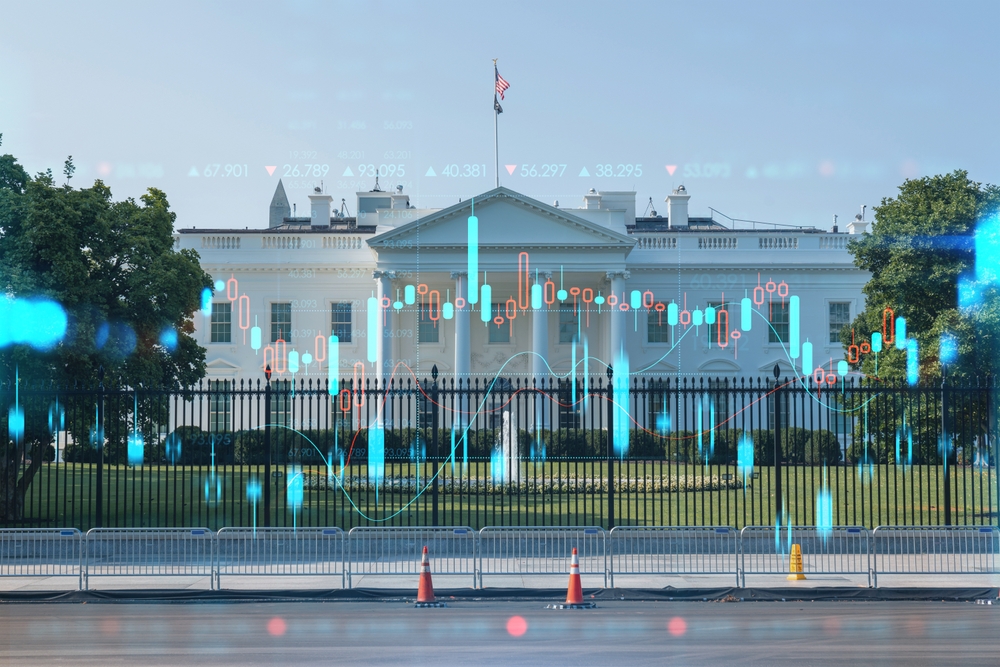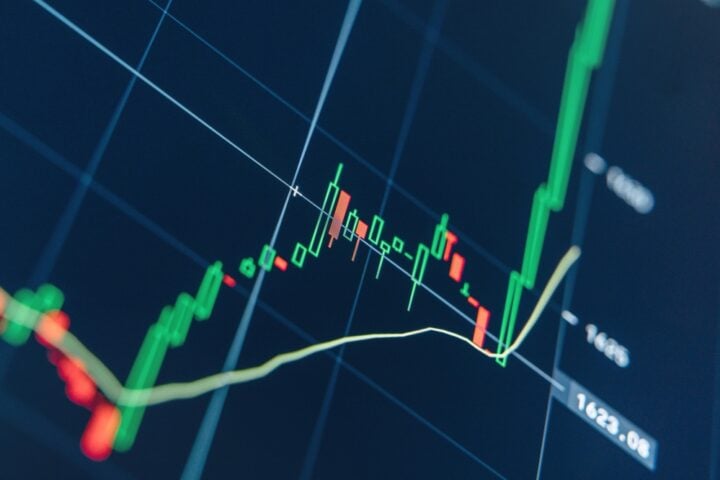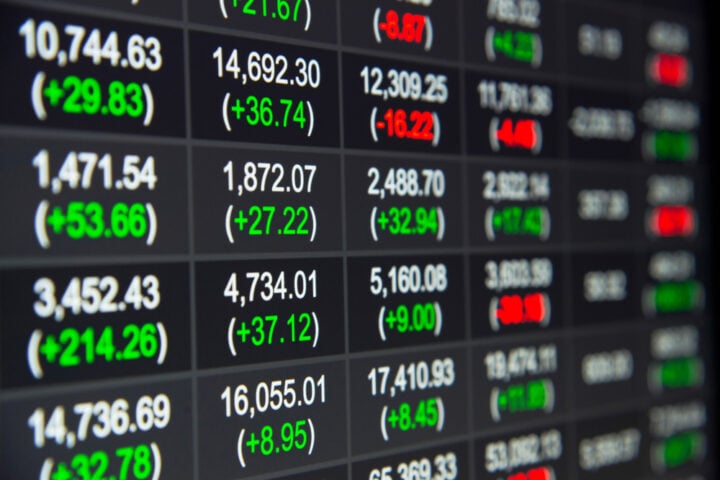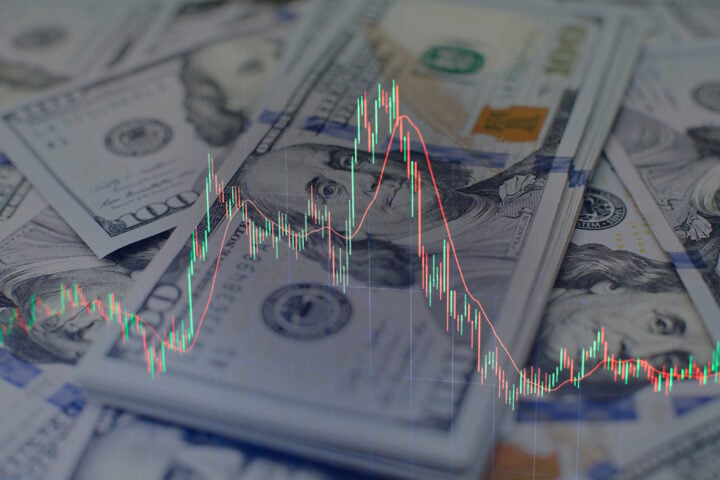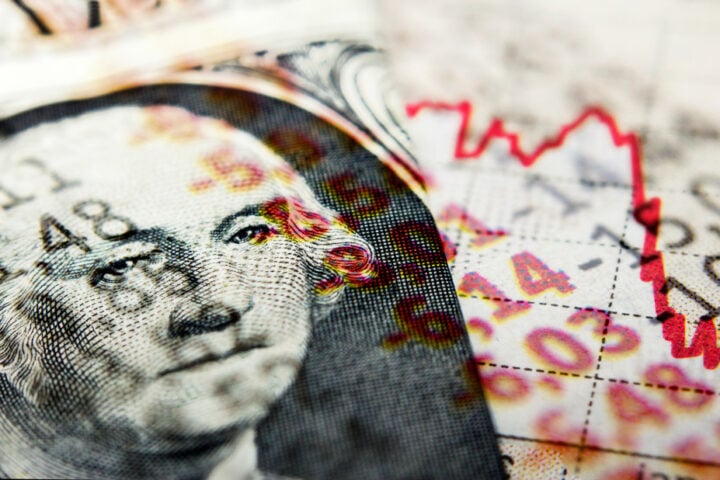As the U.S. stock market climbs during the current presidential campaign, investors are eyeing how the potential election of either Vice President Kamala Harris or former President Donald Trump may impact this upward trend. Experts suggest that while the market is likely to continue growing under either candidate, their distinct policies could influence specific sectors and introduce unique risks.
Potential Impact of a Trump Presidency
Trump has promised to renew corporate tax cuts from his first term that are set to phase out in 2025, alongside a deregulatory agenda across federal agencies. Experts anticipate that lower corporate tax rates and reduced regulation could drive higher corporate profits and a stronger stock market. “Taxes do have consequences,” Peter Morici, a professor emeritus at the University of Maryland’s School of Business, explained. “With the Trump administration, it will be like a cork coming out.”
This agenda would likely favor sectors like oil and gas, and companies in artificial intelligence. However, renewable energy stocks, boosted by incentives under the Biden administration, may face challenges if Trump scales back these financial supports. “The Inflation Reduction Act was a big deal for solar and electric vehicle stocks,” noted Callie Cox, chief market strategist at Ritholtz Wealth Management.
Trump’s policies, though potentially advantageous for the market, also pose risks. The former president has proposed a 20% tariff on all imported goods, which economists warn could drive up consumer prices. Trump’s plans for mass deportations of undocumented immigrants could also lead to labor shortages, while his talk of using military force against domestic issues has raised concerns. “If he starts using the military domestically and imposes a 20% tariff… it will weigh terribly on the stock market,” Morici cautioned.
What a Harris Presidency Could Mean for the Market
Harris would likely bring continued market gains similar to those seen under President Joe Biden, though her proposals for higher corporate taxes and increased regulatory scrutiny may temper growth. Harris aims to raise the corporate tax rate from 21% to 28%, which could reduce corporate profits and slow market gains. However, Reena Aggarwal, finance professor and director of the Georgetown Psaros Center for Financial Markets and Policy, pointed out that implementing this change could take time. “It takes a long time,” she said, adding that the policy’s passage remains uncertain.
Renewable energy would likely benefit from Harris’s policies, given her focus on climate-related incentives. However, broader stock performance may depend on factors like interest rates and corporate earnings. Harris has also proposed measures aimed at reducing price hikes on essentials, with policies to counter price-gouging and curb market concentration linked to consumer cost increases.
Long-Term Market Trends: Politics or Economic Forces?
Ultimately, experts believe that while a president can influence the stock market, long-term trends are driven by larger economic factors. “I don’t think Kamala Harris could enact changes that have long-term effects on the stock market,” Cox noted. For long-term investors, broader economic forces are likely to outweigh short-term political changes.


